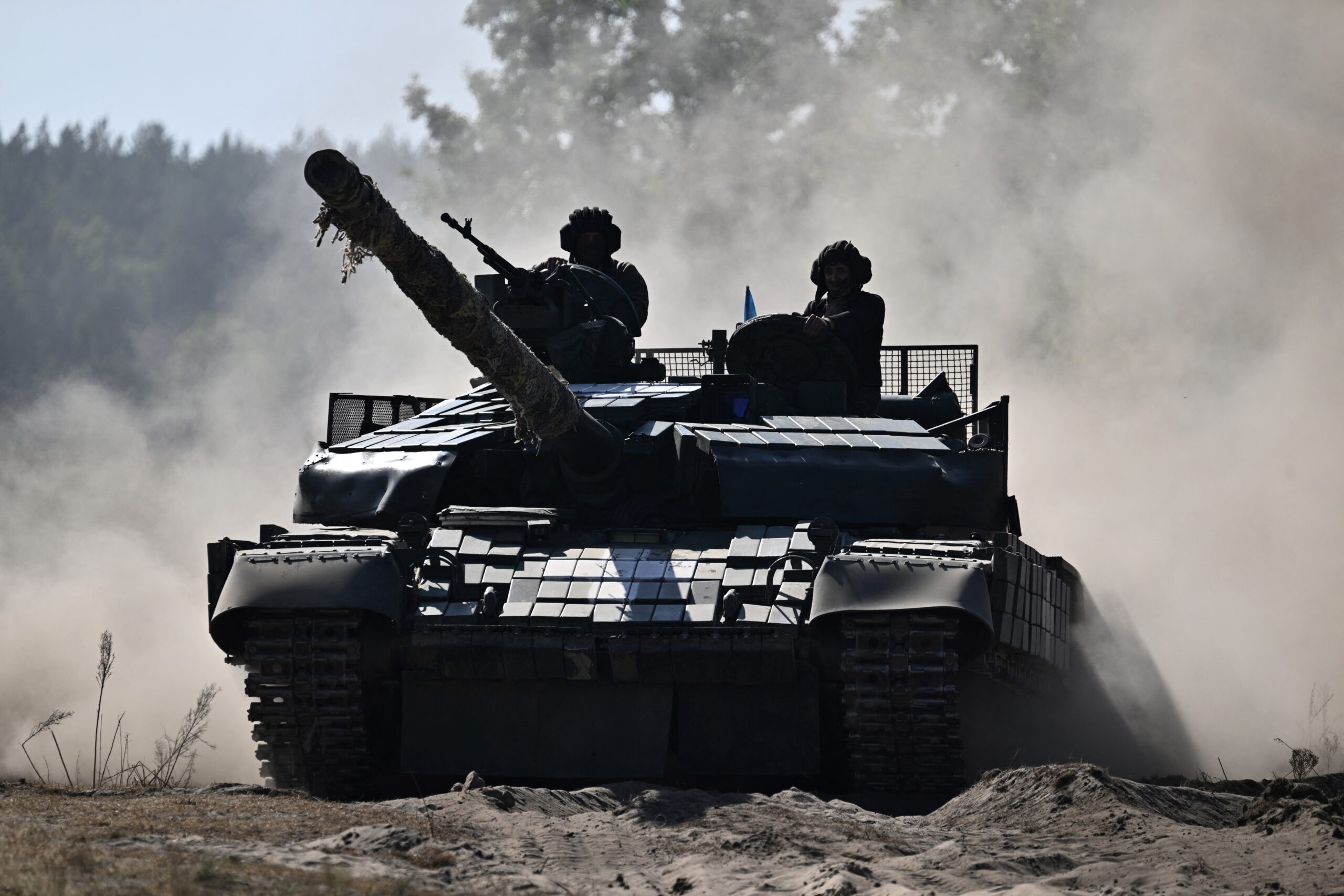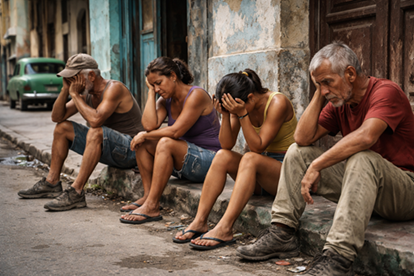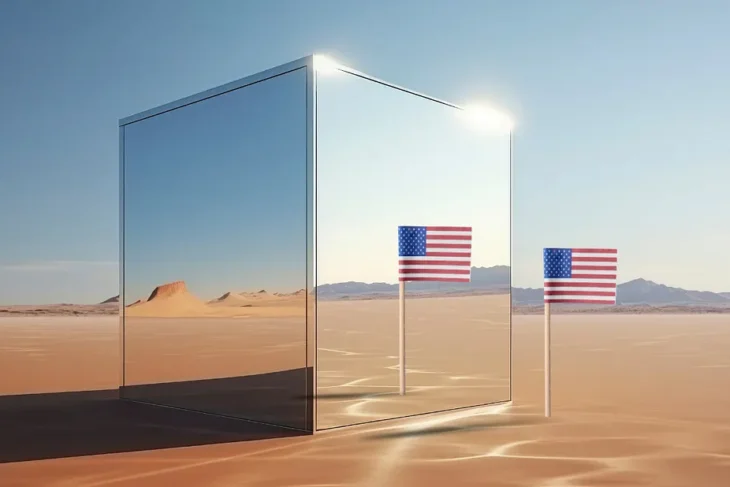
Paper tiger: Noun, something, such as an enemy or foreign country that seems very strong and dangerous but is really weak and not harmful — Cambridge Dictionary.
The 2020s will be remembered as the visible beginning of the collapse of the prevailing Western system. This collapse represents a tectonic shift, and a realignment of global affairs in a way many cannot begin to even imagine.
I don’t mean this in a snide manner. I am by no means saying the educated or those with a hidden knowledge know more than everyone else, but the fact remains that this represents a change which everyone, myself included, cannot begin to fathom.
The West has been revealed to be a paper tiger, and its collapse has been epitomized by the bloody war between Russia and the NATO proxy Ukraine which has been raging for 9 years.
During that time and accelerated over the past two years following the Russian invasion, Ukraine has been aided by all NATO allies in terms of arms, logistics, training, military intelligence, and direct financing to the tune of hundreds of billions of dollars.
Nations under the NATO umbrella have emptied their arsenals in order to support Ukraine in its effort to cleanse their country of any hint of Russian history or identity. However, by their own admission the war will at best end in a stalemate and at worst a Russian victory.
The US and its allies have long been exposed as the paper tigers that they are. Yes, they can wreak destruction on weak nations like a prostrate Iraq, and nations which chose to disarm like Libya, but they are unable to budge nations who either have used force to liberate themselves (Iraq and Vietnam come to mind) or countries who maintain a strong military and industrial policy (DPRK and Russia are examples) and this conflict has put into sharp perspective the limitations of western power.
The collapse of the Western system represents more than the end of the unipolar hegemony which has reigned for the past 30-plus years and signifies a shift in power to both the East and Global South. With a growing Asia-Pacific representing 36% of global imports and the West, which finds itself in a declining position, representing a combined 22% this represents the first time in over five centuries that the balance of trade has shifted in favour of the East.
This newfound economic power has brought an independence which these countries have embraced wholeheartedly, particularly with the multinational push to have the dollar removed as the global currency.
This push to de-dollarise the global economy can only benefit countries in the Global South and Asia, allowing them to trade in their own currencies (India Russia, China everyone) and has been helped by a Western bloc that has sanctioned a third of the world’s populace, removed countries from the global banking system and openly uses the threat of removal or blacklisting as a cudgel to extract concessions.
As a result of these threats and open sanctioning of countries who violate Western illegal unilateral sanctions, the BRICS bank, Asia Infrastructure Development Bank, and various Indian state-backed entities (primarily focused on petroleum) have not only begun trade with sanctioned countries in their respective currencies but as a result created mechanisms which would allow the smooth transition from a single global currency to a basket of currencies or even the very basic trading in respective currencies.
The lure of this was witnessed by the expansion of the BRICS group to include Ethiopia, Egypt, Iran, and Saudi Arabia. The inclusion of these countries — two of whom are currently under sanctions — shows how fast the winds of change are blowing and that it is the Global South who will be the ones who dictate how our squabbles and enmities end without the inclusion of former imperial masters.
Is this shift irreversible? Nothing in life is, and the collapse or reintegration of key nodes of this beachhead into Western hegemony could very well spell the end of this global realignment. But while it is not irreversible, the Western powers will not do what is necessary to halt this shift and are instead actively accelerating the demise of the West as the sole hegemon.
Actions which irk, would be major powers like India hosting members of violent separatist movements, the pressure on their Asian allies like South Korea to cut all trade ties with their biggest trading partner China while the West engages in creeping protectionism, and an attitude towards Africa which has changed little since the days of the European colonial empires. All would hinder any chance the West has of slowing or reversing the tide of change we are currently witnessing.
In an attempt to maintain the status quo, the West has shot itself in the foot. In its effort to hem in rising powers and exert domination over the rest of the world, it has overextended and is suffering the inevitable consequences.
The hostility and refusal on the part of the West to engage with the rest of the world on an equal footing are ushering in this new multipolar world, one which is not led by any one nation but requires the consensus of all. This is possible and is being created before our eyes.
Countries with long-standing border disputes, that have been at active war or who have ceased diplomatic relations are meeting together under the banner of BRICS, and ALBA, to resolve issues themselves and without outside interference. And while it will not be an easy process the obstacles aren’t as insurmountable or intimidating when looked at properly.
Everyone who has eyes can see the global shift taking place and it seems no one wants to be on the side of the loser. This opens up many opportunities for individuals and organizations that wish to change the systems which govern their lives, and it is up to them to seize this opportunity and use it to its fullest extent.
Social and economic norms that have governed large parts of the world are once again being questioned, and we now live in a time, unlike the past 30 years, where alternative suggestions are not taboo and that owes a lot to the fact that there has been this economic and social shift. We who want a change must take advantage of it, acknowledge the failing hegemony and the paper tiger for what they are and take the plunge.



